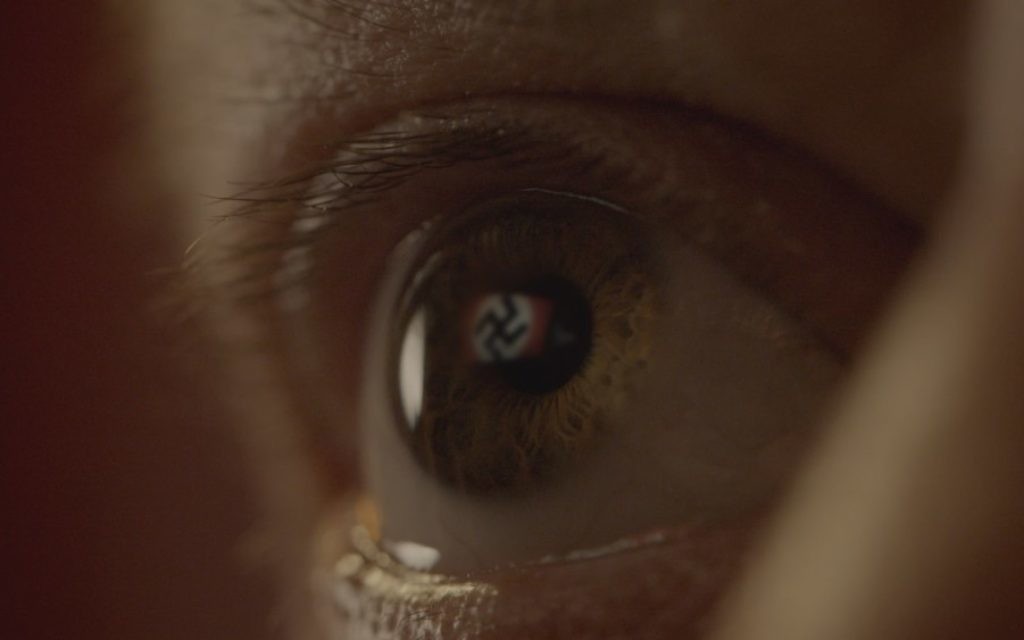AJFF Review: ‘What Our Fathers Did’ and the Horrors Left Behind
In a best-bet documentary pick for this year’s Atlanta Jewish Film Festival, director David Evans shows how the sins of the father are visited upon the sons. “What Our Fathers Did: A Nazi Legacy” is a psychological exploration of the vastly different ways two sons of high-ranking Nazi officials reconcile the horrific legacies left by their fathers.
Through a revelatory journey using interviews, testimonials, actual footage, visits to the Krakow Ghetto and other scenes that force them to confront their fathers’ inhumane pasts, international human rights lawyer Philippe Sands prompts Niklas Frank and Horst von Wachter to reveal their disparate and enduring feelings about their fathers.

The documentary deftly shows that Frank and Wachter’s adult reactions to the deeds of their fathers seem inextricably tied to their respective childhood relationships with them.
Get The AJT Newsletter by email and never miss our top stories Free Sign Up
Frank has bitter recollections of a youth devoid of parental love and affection, both toward him and between his mother and father. He recalls only one loving interaction with his father.
He also has early memories of his mother’s indifference to the Jews of Poland, telling of one day he was driven to the ghetto. While he and his nanny “saw a lot of sad people around,” his mother callously shopped for furs, buying them cheaply from people who were “happy to have the money.”
Niklas relates that his father, Hans “the Butcher of Poland” Frank, was “from the beginning a complete Nazi.” One of Hitler’s top lieutenants in the campaign in Poland as governor-general in charge of the ghettos and concentration camps, he was responsible for mass murders and for the deaths of 75,000 people. Niklas stoically recounts in great detail the justifiable hanging of his father, who was found guilty at the Nuremberg trials for war crimes and crimes against humanity.
In stark contrast, Sands reveals that Wachter wants only to believe that his father, Otto von Wachter, was “a decent man.” Coming from an idyllic childhood, “the normality broke down” on Horst’s sixth birthday on April 14, 1945, when their lakeside celebration was interrupted by the dropping of bombs.
Even though Frank insists that “both of our fathers were heavily involved,” Horst defies all reason, refusing to hear evidence of his father’s atrocities, saying that his father, who was in charge of the Nazi railroads, “did everything he could to save the population” and that “he was absolutely someone who wanted to do something good.”
Throughout the film Sands shares details of the loss of his own large family in Poland, revealing his changing feelings toward the two now-elderly sons as their differing levels of acceptance and denial surface. The contrast between their viewpoints is constantly exposed and juxtaposed, providing a frustrating and inexplicable interplay between the reconciliation of the childhood mind and the adult psyche.





comments